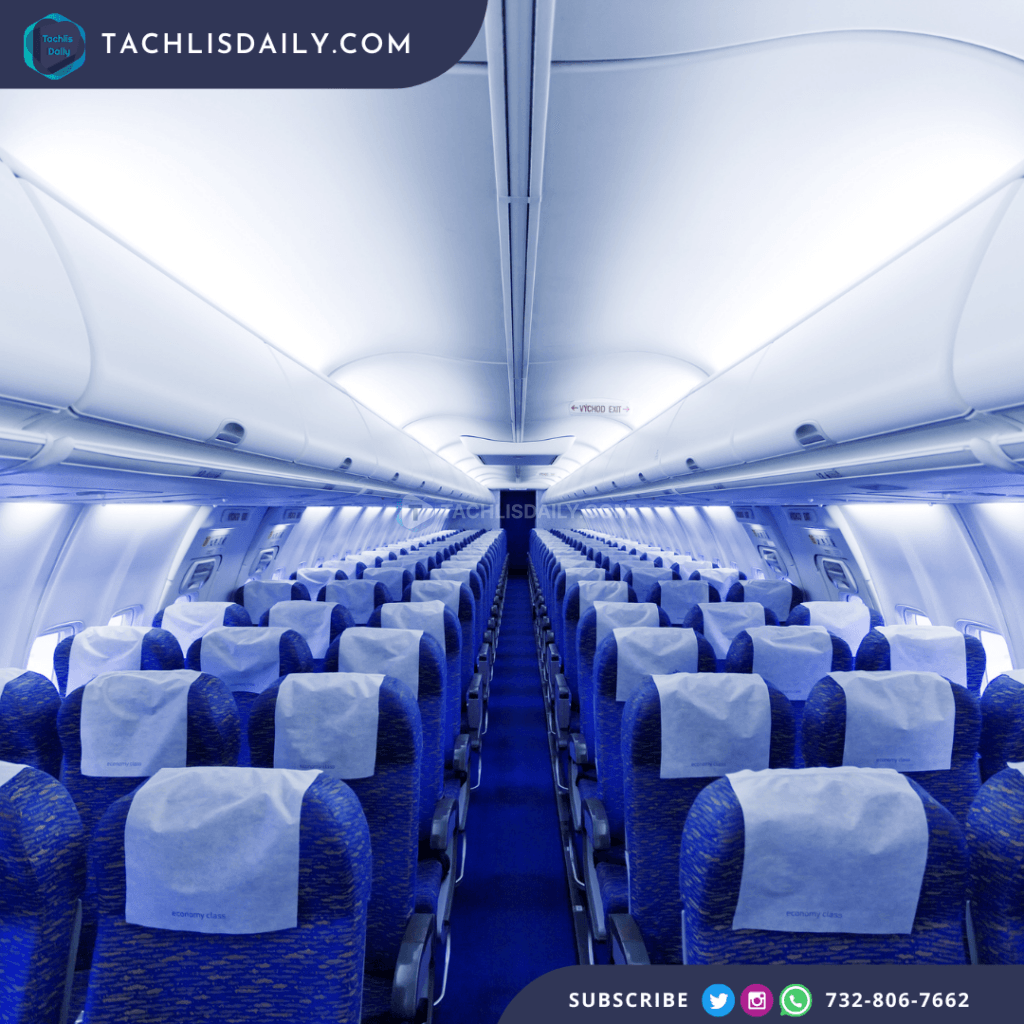Southwest Airlines is making a landmark shift in its boarding policy, officially ending its decades-old open-seating tradition. Beginning January 27, 2026, passengers will fly in assigned seats for the first time in the carrier’s history. Tickets with seat assignments will go on sale starting July 29, 2025.
This major change is part of a broader strategic overhaul aimed at boosting profitability and aligning the airline more closely with competitors that have long offered seat selection. The move brings to a close a system that has defined Southwest’s identity since its founding, one where passengers scrambled for seats after securing a spot in the A, B, or C boarding groups. That process will now be replaced by a structured, eight-group boarding system based on seat selection, frequent flyer status, and fare class.
Top-tier loyalty members and those purchasing premium tickets will board in the first two groups, while Groups 3 through 8 will be reserved for travelers with “Choice” and “Basic” fares, depending on seat location. Credit card holders and members of the airline’s Rapid Rewards program are guaranteed boarding by Group 5. The traditional queues will also be replaced with two new boarding lines to reflect the updated system.
The shift comes as Southwest seeks to generate an additional $800 million in earnings before interest and taxes this year, with projections hitting $1.7 billion by 2026. The company has also introduced new fare classes, plans to start charging some passengers for checked bags, and continues reconfiguring its fleet of Boeing aircraft to accommodate extra-legroom seating. Currently, about 25% of the fleet is equipped with these upgraded seats, and while they’re not available for direct booking yet, the airline has already been selling early boarding privileges to increase customers’ chances of securing them.
Southwest executives emphasized that efficiency and customer loyalty were central to the design of the new boarding and seating structure. “We wanted to make sure we were optimizing for efficiency while taking care of our most loyal customers,” said Stephanie Shafer Modi, managing director of fares and ancillary products. The airline tested various models and conducted live trials to ensure the changes wouldn’t delay boarding or turnaround times.
Seat assignment fees, a potential new revenue stream, have yet to be disclosed. However, prices will likely vary based on fare type, seat location, and demand, mirroring practices across the airline industry. Southwest plans to offer standard, preferred, and extra-legroom seats as part of the new structure.
While the new policy changes may feel unfamiliar to longtime Southwest loyalists, the airline promises to make the transition as smooth as possible especially for families who prefer to sit together. “If families want that sense of control, they have the option to pick their seats. We’ll do our best to keep families seated together, regardless of how they book,” Shafer Modi noted.












